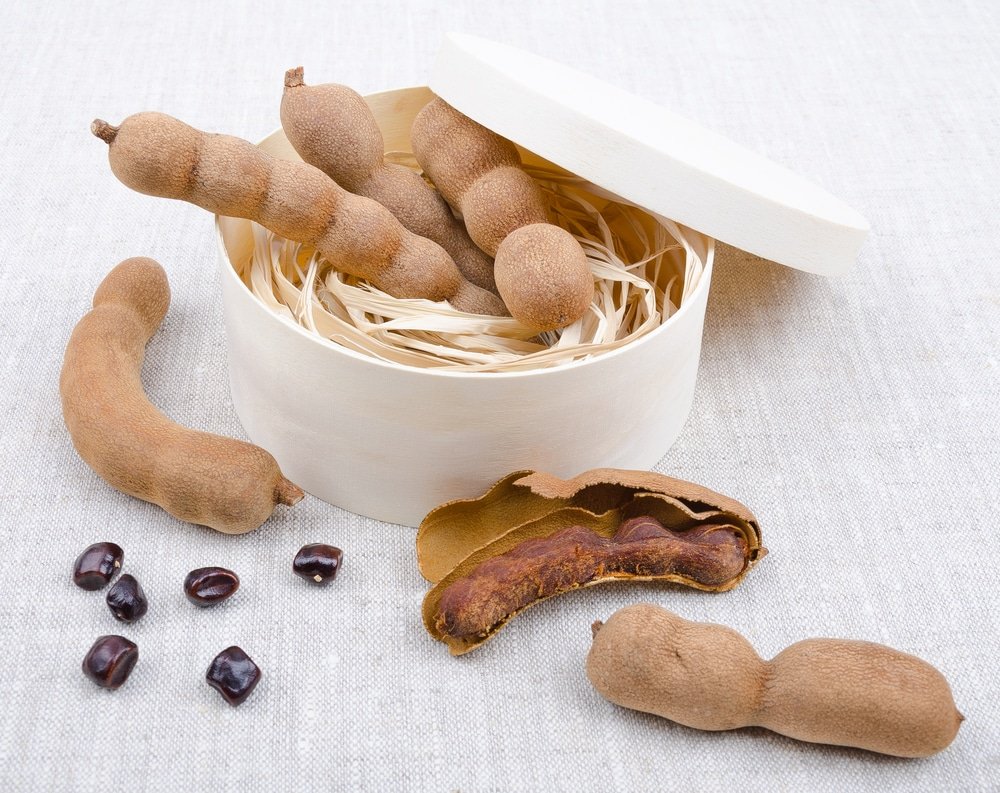Vitamin B6 food sources includes pistachios, cereal, salmon, milk, legumes, lean chicken breast, ricotta cheese, beef, eggs, carrots, banana, canned tuna, and sweet potato.
Vitamin B6 or pyridoxal is a water-soluble vitamin which performs numerous bodily functions. From maintaining metabolism to maintaining red blood cells, vitamin B6 does all. Health experts recommend keeping the levels of vitamin high as it facilitates your nervous system.
The deficiency of vitamin B6 leads to weak immunity. If this deficiency is not treated on time, it contributes to severe health problems such as dermatitis, depression, and worse anemia. If your diet does not contain food rich with pyridoxine, you are likely to develop cardiovascular disorders as well.
Although you can opt for vitamin B6 supplements, they can lead to nerve damage in your legs and arms in case of overdose. So, to avoid all sorts of risks, you should consume the following foods and balance your vitamin B6 levels in your body.
Vitamin B6 Food Sources
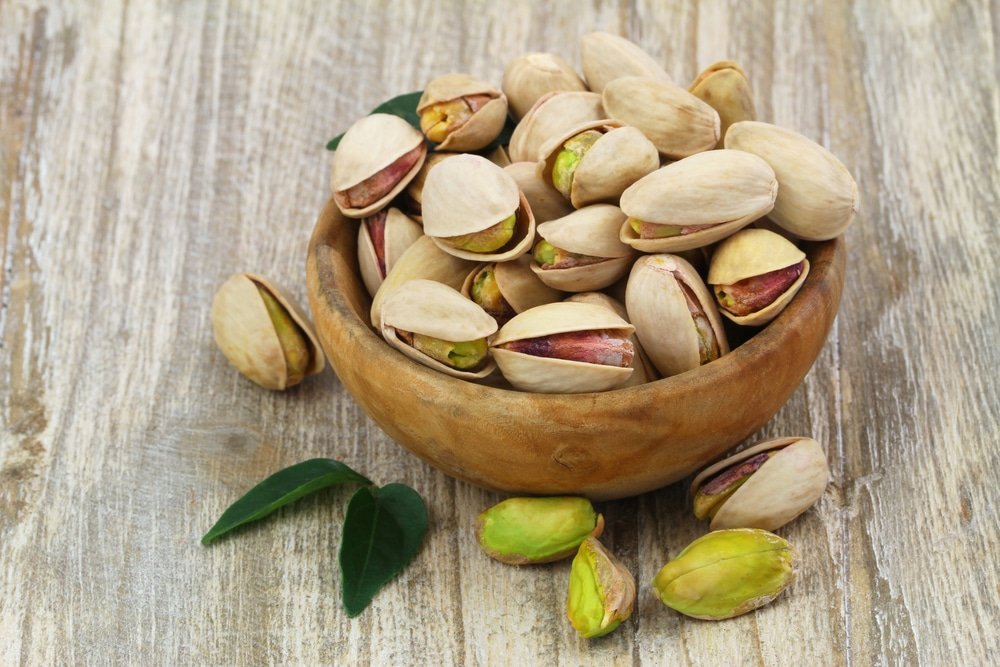
1. Pistachios
Pistachios are one of the safe food sources to obtain vitamin B6. You can get around 0.5mg of the vitamin from as little as one ounce of pistachios. Not to mention, you can snack on a few nuts or incorporate them into various recipes to eat a nutrient-dense meal.
Health benefits of pistachios are that they prevent anemia, control cholesterol levels, balance blood pressure, and prevent memory deterioration.
2. Cereal
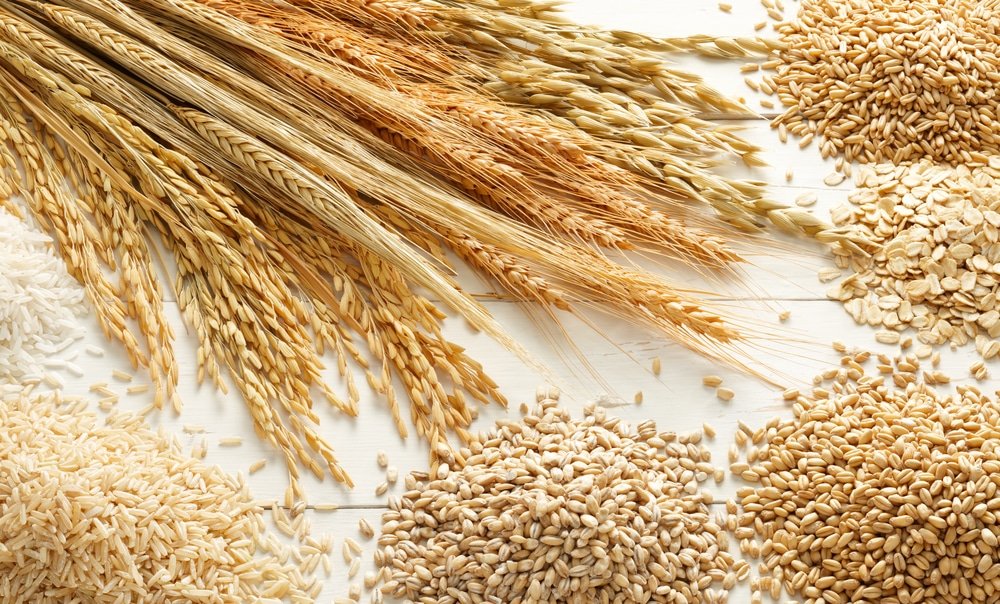

You can find a huge variety of fortified cereals on the market. You need to consume wheat or bran cereals to get your daily doses of vitamin B6. Each variety contains varying degree of the vitamin so you should pick the one that is loaded with the vitamin and other nutrients.
Health benefits of cereal are that it boosts metabolism, keeps you full for hours, helps you lose weight, and treats stomach disorders.
3. Salmon

Six ounce of salmon fillet provides up to 1.6mg of vitamin B6 which can add up to your daily requirement. Salmon also contains a slew of nutrients that make it an ideal food option for lunch and dinner. Just avoid overcooking it and consume a nutritious meal. You can also combine it with sautéed vegetables to fill your body with plenty of nutrients.
Health benefits of salmon are that it boosts eye health, promotes heart rate, supports circulation, and reduces high blood pressure.
4. Milk
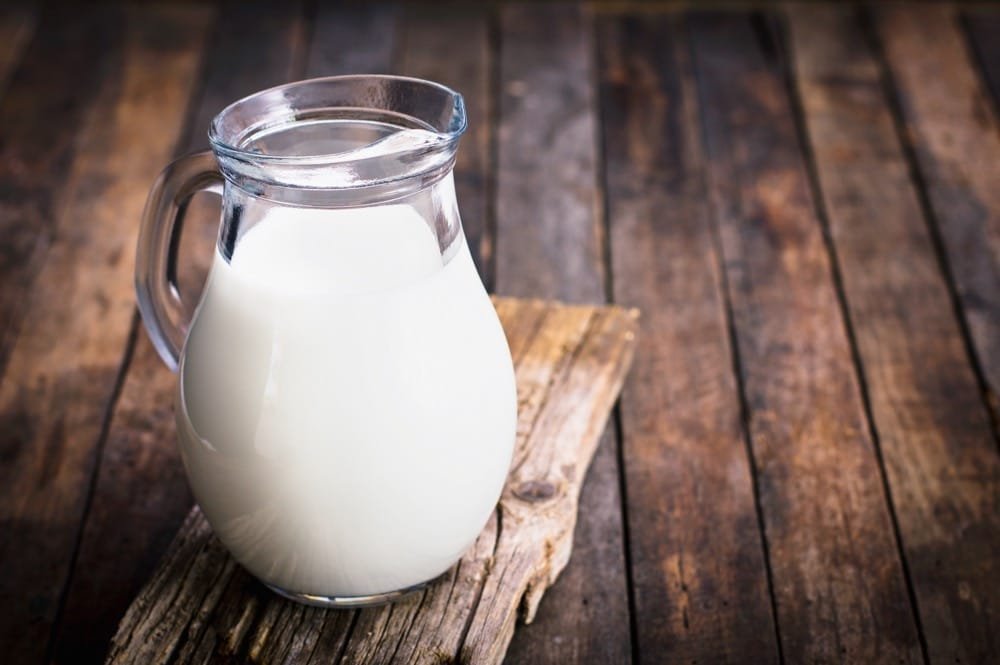
Consuming one glass of milk is necessary to keep several deficiencies at bay including vitamin B6 deficiency. You need to incorporate fresh milk into the diet children to promote their healthy development. If you avoid calories filled food sources, you should opt for low-fat milk variety to get vitamin B6.
Health benefits of milk are that it strengthens bone, prevents bones deterioration, promotes the healthy development of children, improves eyesight, and combats calcium deficiency.
5. Legumes

Health experts recommend adding legumes like chickpeas to your diet. A single serving of chickpeas do not only provide dietary fiber and protein, but it contains a considerable amount of vitamin B6 as well. So, you should add a handful of boiled chickpeas or other legumes options to your salad and get a quick dose of vitamin B6.
Health benefits of legumes are that they improve digestion, absorb excess cholesterol, keep you full for hours, and balance cholesterol.
6. Lean Chicken Breast
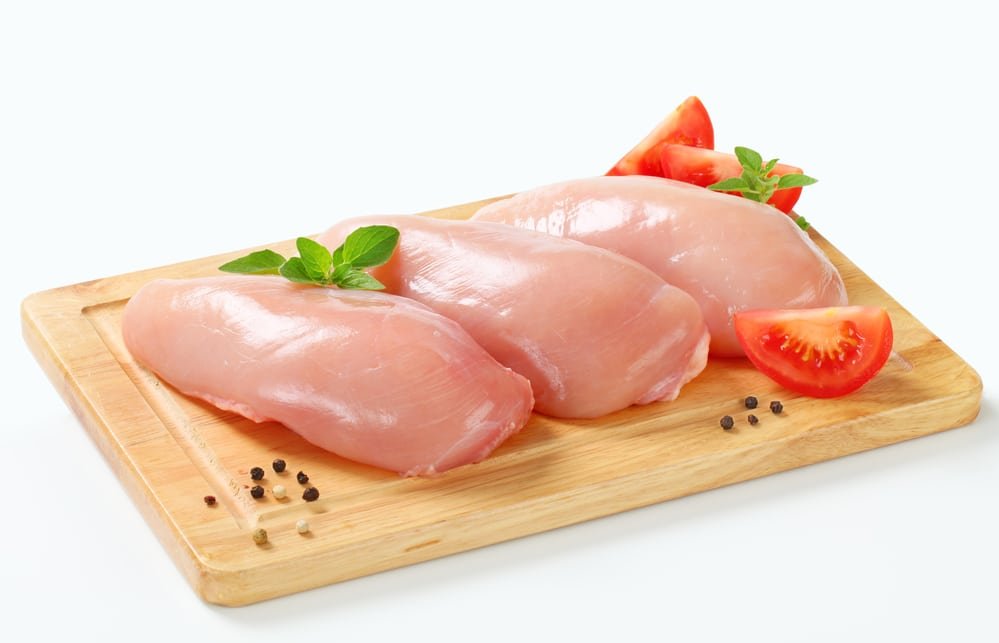
Six ounce of chicken breast provides around 1.6mg of vitamin B6. It makes an ideal lunch especially when you combine it with leafy green vegetables.
Health benefits of chicken breast are that it improves heart rate, promotes circulation, helps grow white blood cells, and boosts metabolism.
7. Ricotta Cheese
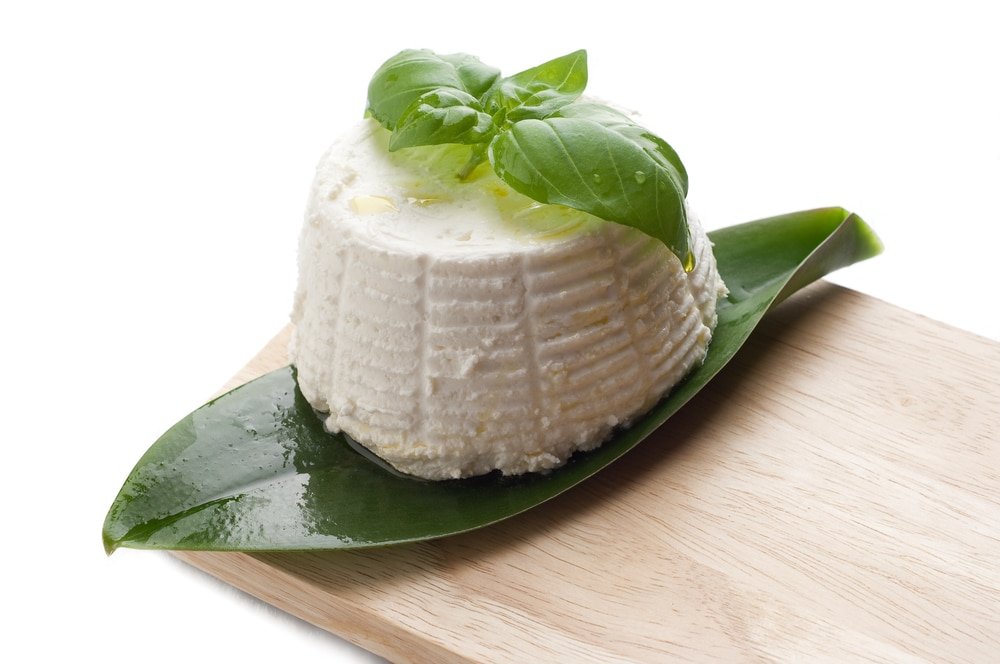
This smooth cheese variety with mellow taste is a common ingredient in Italian food. However, you should consume it as ricotta cheese is a powerhouse of B vitamins. You can find 16% of vitamin B6 in one block of the cheese. Therefore, add some to your salad or top off lasagna and pasta with it to prevent vitamin B6 deficiency.
Health benefits of ricotta cheese are that it improves heart health, prevent the nervous system from damages, and prevents dementia.
8. Beef

Incorporate a moderate quantity of red meat into your diet is an excellent way to keep vitamin B6 deficiency at bay. You should eat beef skirt steak at least once a week as it contains 0.8mg of the vitamin. In case of health complications, consult with your doctor to steer clear of its adverse effects on your health.
Health benefits of beef are that it promotes circulation, prevents anemia, improves immunity, and keeps you full for long hours.
9. Eggs

Boiled or fried, an egg contains a slew of minerals and vitamins that your body needs on a daily basis. One whole egg can provide a considerable amount of vitamin B that is enough for your daily requirement. Therefore, incorporate at least one egg into your daily diet and make the most of it.
Health benefits of eggs are that it strengthens bones, improves metabolic rate, prevents eye diseases, and combats age-related health issues.
10. Carrots

Apart from vitamin A, this root vegetable contains 6% of vitamin B6. Consuming raw carrots is ideal to maintain your overall health. You should add one large carrot to smoothies, salads, soups, and stews to eat a nutrient-packed meal.
Health benefits of carrots are that they improve eye health, absorbs excess cholesterol, support cardiovascular health, treat stomach disorders, and prevent anemia.
11. Banana

One medium-sized banana can become an ultimate source to obtain vitamin B6. When you consume banana regularly, it helps produce norepinephrine and serotonin. These chemicals function to improve your nervous system and transfer signals to your brain.
Health benefits of banana are that it boosts bone density, strengthens teeth, promotes hormones functioning, and prevents joint inflammation.
12. Canned Tuna
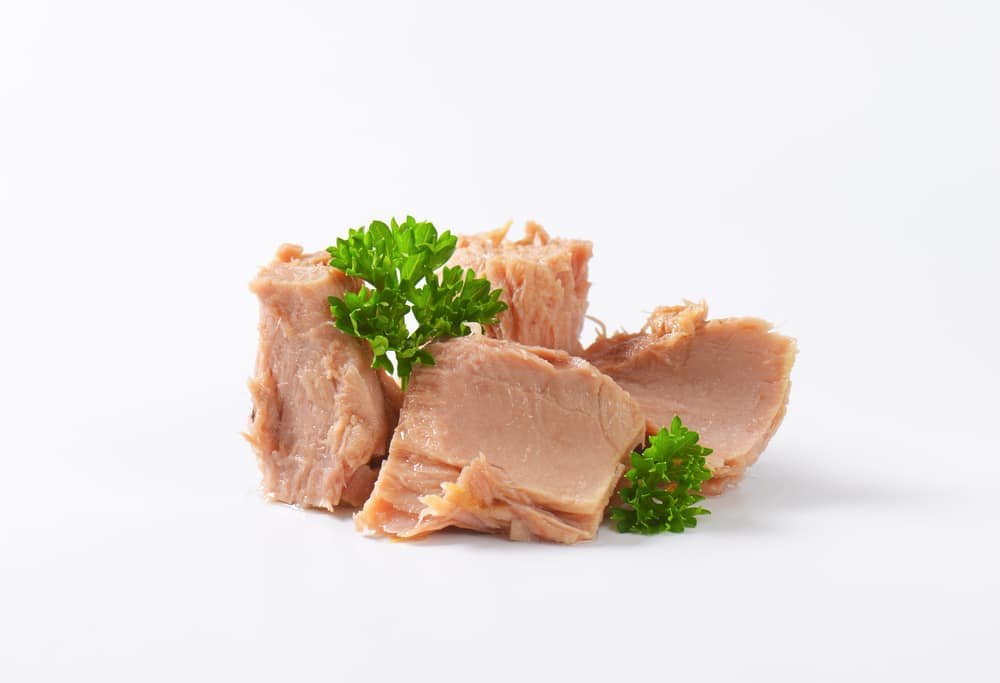
Vitamin B helps produce hemoglobin which is necessary to transfer oxygen through the blood. You need to incorporate albacore and yellowfin variety of tuna fish. These varieties also contain protein and omega-3s.
Health benefits of tuna are that it promotes heart health, prevents cardiovascular diseases, treats anemia, boosts circulation, and controls age-related memory deterioration.
13. Sweet Potato
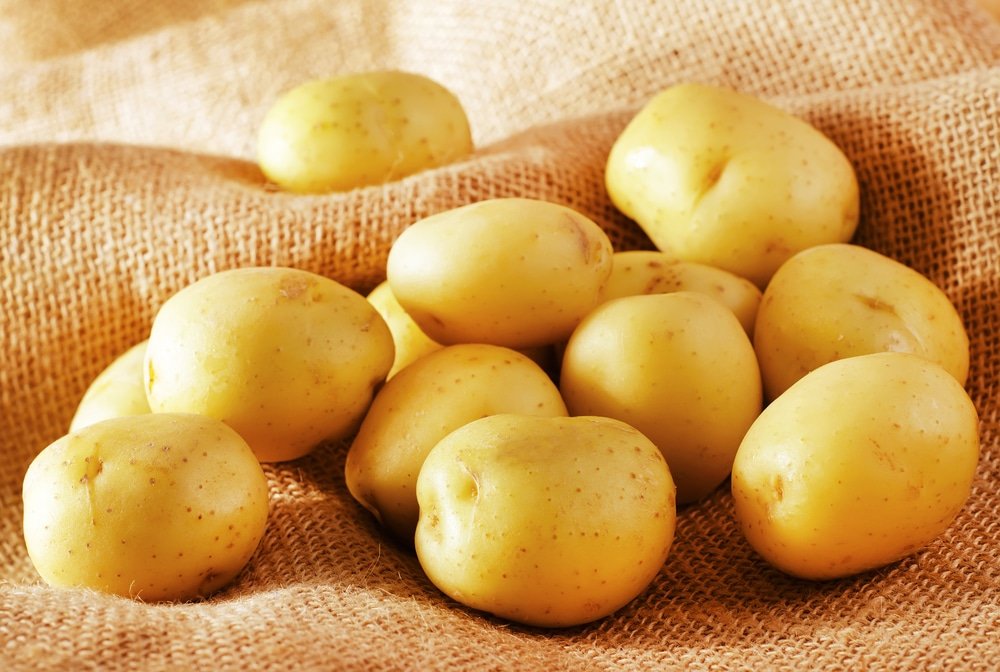
You should replace mashed potato with mashed sweet potato. This vegetable is not only delicious but contains plenty of essential nutrients including a considerable amount of vitamin B6 as well. It goes well along with baked or grilled chicken and fish fillet. You can also serve mashed sweet potato with sautéed vegetables. Incorporating mashed sweet potato into the diet of children strengthens their bones and promotes healthy development. If you avoid consuming excess calories, you should consume it twice a week to keep vitamin B6 levels high in your body.
Health benefits of sweet potato are that it promotes circulation, keeps you full for long hours, improves eye health, prevents chronic psychological diseases, and supports your nervous system.
Bottom Line
Vitamin B deficiency leads to severe health conditions. So, consume foods that are loaded with the vitamin and protect your health.

Join the 7‑Day “Better Gut” Plan
Pop in your email and we’ll send Lesson 1 + the printable list.






